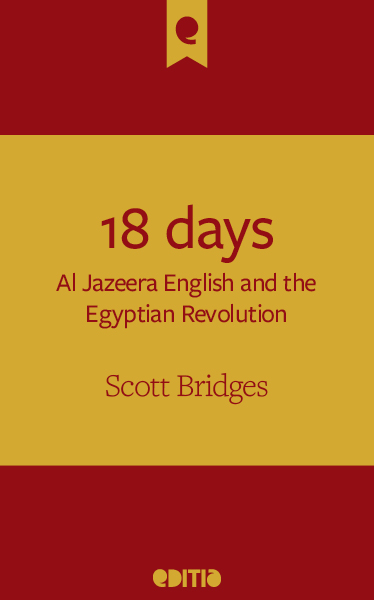If, however, we see democracy as pluralized, as marked by new kinds of communities of identity, as a system in which the traditional public-private divide does not apply, and as a system in which there are no universal visions of the “common good” but, rather, pragmatic and negotiated exchanges about ethical behavior and ethically inspired courses of action, then we will be able to countenance a plurality of communication media and modes in which such a diverse set of exchanges will occur. We will be open to the notion that ethical discourse can be present in many different kinds and genres of media texts and in many different forms of media organization. We will no longer privilege “high modern journalism,” but nor will we mindlessly worship populist media. We will need a much more nuanced account of the connection between (various forms of) citizenship and the media …
– Jacka, E. (2003). “Democracy as Defeat”: The Impotence of Arguments for Public Service Broadcasting. Television and New Media, 4(2), 177-191.





